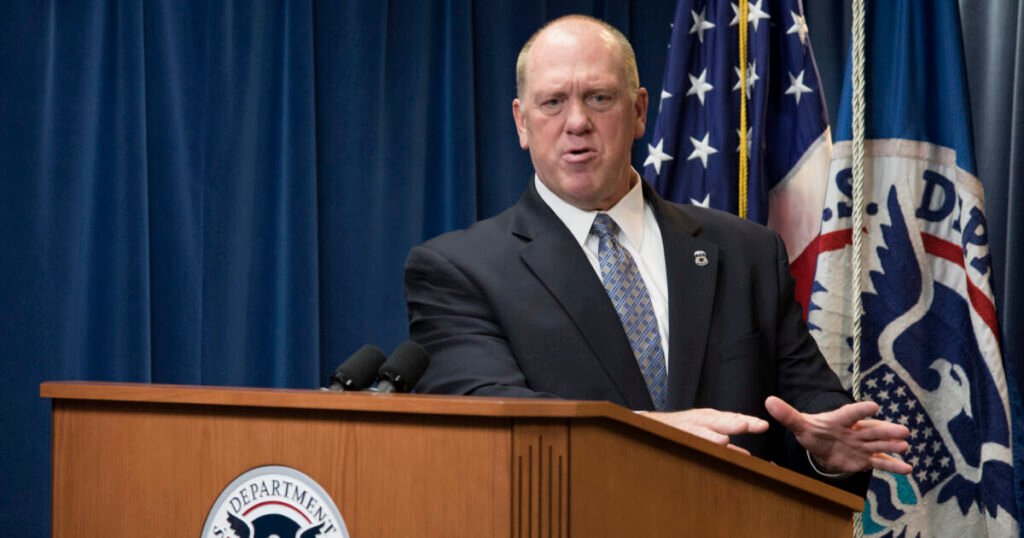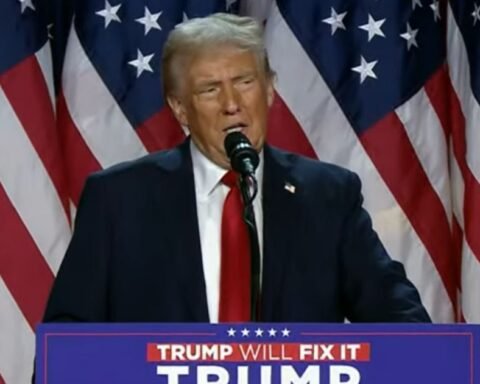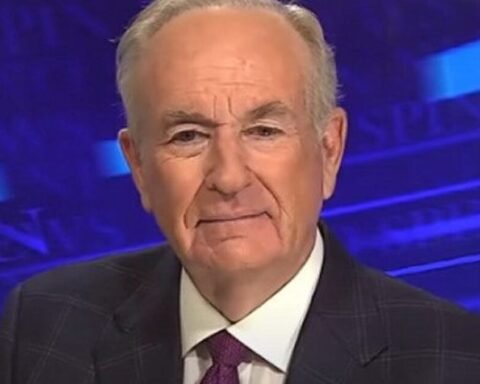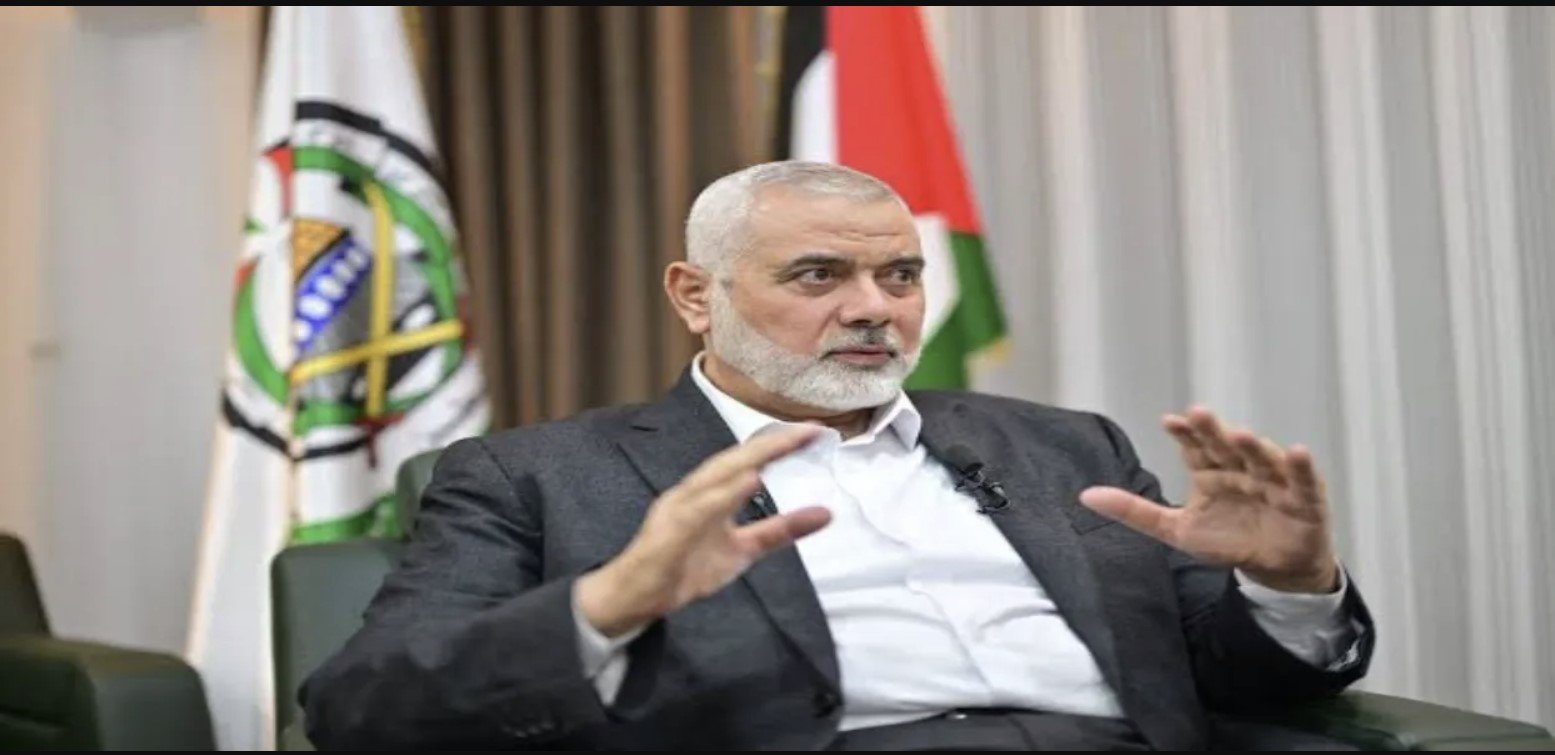
Just days after President Trump won the 2024 presidential election, Qatar announced that it will end its role as a mediator in negotiations between Israel and Hamas for a Gaza ceasefire and hostage release.
In even more surprising news—which highlights the positive impact that Trump’s mere election announcement has had on the world—Qatar has asked Hamas to leave the country.
Hamas has maintained a political office in Qatar since the early 2010s, particularly in Doha.
Qatar has long hosted various Hamas leaders, including former political leader Khaled Meshaal as well as the late political head Ismail Haniyeh.
Ismail Haniyeh was killed on July 31, 2024, in Tehran, Iran. He was in Tehran to attend the inauguration of Iran’s President Masoud Pezeshkian. The assassination was attributed to an Israeli airstrike.
Haniyeh’s death marked a significant escalation in regional tensions, as he was a prominent figure in Hamas and played a key role in its political and military strategies.
His assassination led to widespread reactions, including vows of retaliation from Hamas and its allies. Haniyeh’s death was seen as a major blow to Hamas, impacting its leadership structure and strategic planning.
Apart from Ismail Haniyeh, most prominent Hamas leaders have been killed by Israeli forces, making Khaled Meshaal uniquely notable for simply staying alive.
As of November 11, he continues to issue empty threats directed at Israel and possibly the United States.
Recently, he vowed, “Hamas will rise ‘like a phoenix’ from the ashes.” So far, that seems doubtful, as Hamas has lost every battle since October 7, 2023, with casualties in the tens of thousands.
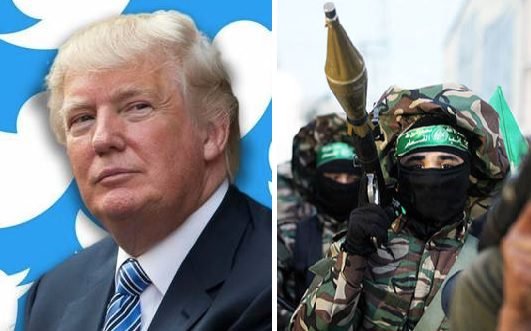
Khaled Meshaal currently heads Hamas’s diaspora office in Doha, overseeing the organization’s activities outside the Gaza Strip and West Bank.
In July 2024, after the assassination of Ismail Haniyeh, Meshaal was considered a possible successor for Hamas’s top leadership.
However, reports suggested that his prospects were complicated by past tensions with Iran, stemming from his support for the 2011 uprising against Syrian President Bashar al-Assad.
In September of this year, the United States brought terrorism charges against him.
This raises the question: why hasn’t Qatar been hit with secondary sanctions for harboring and supporting a designated terrorist?
It appears that Hamas is planning to relocate its office to either Turkey, Iran, or Lebanon.
Israel has already demonstrated its willingness to strike targets in both Iran and Lebanon, while Turkey, as a NATO member, would likely come under pressure from President Trump to end its support for Hamas.
Qatar’s expulsion of Hamas offices raises questions about Hamas’s finances. The U.S. Department of the Treasury has identified Qatar-based individuals and entities involved in Hamas’s financial network.
In October 2023, for instance, the Treasury sanctioned ten key Hamas members and financial facilitators in Qatar for managing assets in a secret Hamas investment portfolio.
Although specific details about Hamas’s bank accounts in Qatar are not publicly disclosed, these sanctions indicate that Qatar-based individuals have indeed been involved in managing funds for Hamas.
The Qatari government has defended its stance, claiming that hosting Hamas’s political office provides a channel for communication and mediation. However, Qatar is recognized by the U.S. as a major non-NATO ally.
Given Trump’s criticism of NATO and his pragmatic stance against supporting enemies, it seems unlikely he would allow Qatar to continue to “ride the fence.”
And since Hamas is a designated terrorist organization, Qatar would likely be obligated to freeze the organization’s bank accounts and other assets—or risk secondary sanctions.
Even more egregious is Turkey’s continued support of Hamas and other Iranian proxies.
Trump has previously warned Turkey not to undermine U.S. foreign policy in the Middle East, and hosting Hamas and its bank accounts would likely be something he would strongly oppose.
While the liberal media often portrays Trump as a threat to democracy and world peace, foreign countries clearly recognize his strength and are less inclined to come into conflict with the United States.
As a businessman, Trump views U.S. military protection, NATO, or trade agreements as transactions—“deals,” as he calls them.
And if the other party doesn’t hold up its end or pay its fair share, the deal becomes null and void.
Whether one believes the U.S. should remain in NATO or not, as long as the U.S. is leading NATO and funding Europe’s defense, it makes no sense to allow Germany, Turkey, or any other NATO member to undermine NATO foreign policy agendas set by the United States.
The post The Trump Effect in Action: Qatar Kicks Out Hamas appeared first on The Gateway Pundit.
Source: The Gateway Pundit
TruthPuke LLC hereby clarifies that the editors, in numerous instances, are not accountable for the origination of news posts. Furthermore, the expression of opinions within exclusives authored by TruthPuke Editors does not automatically reflect the viewpoints or convictions held by TruthPuke Management.


